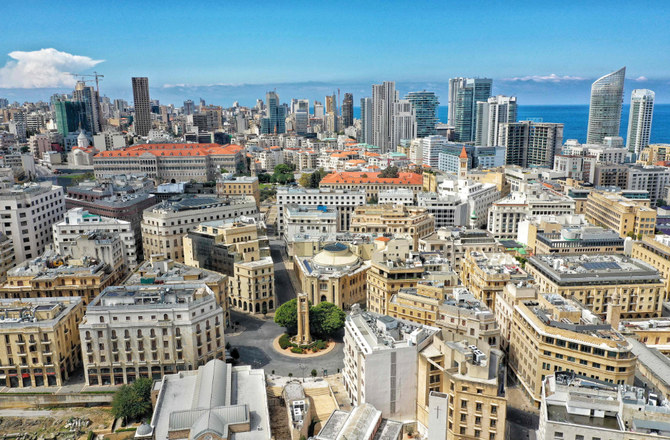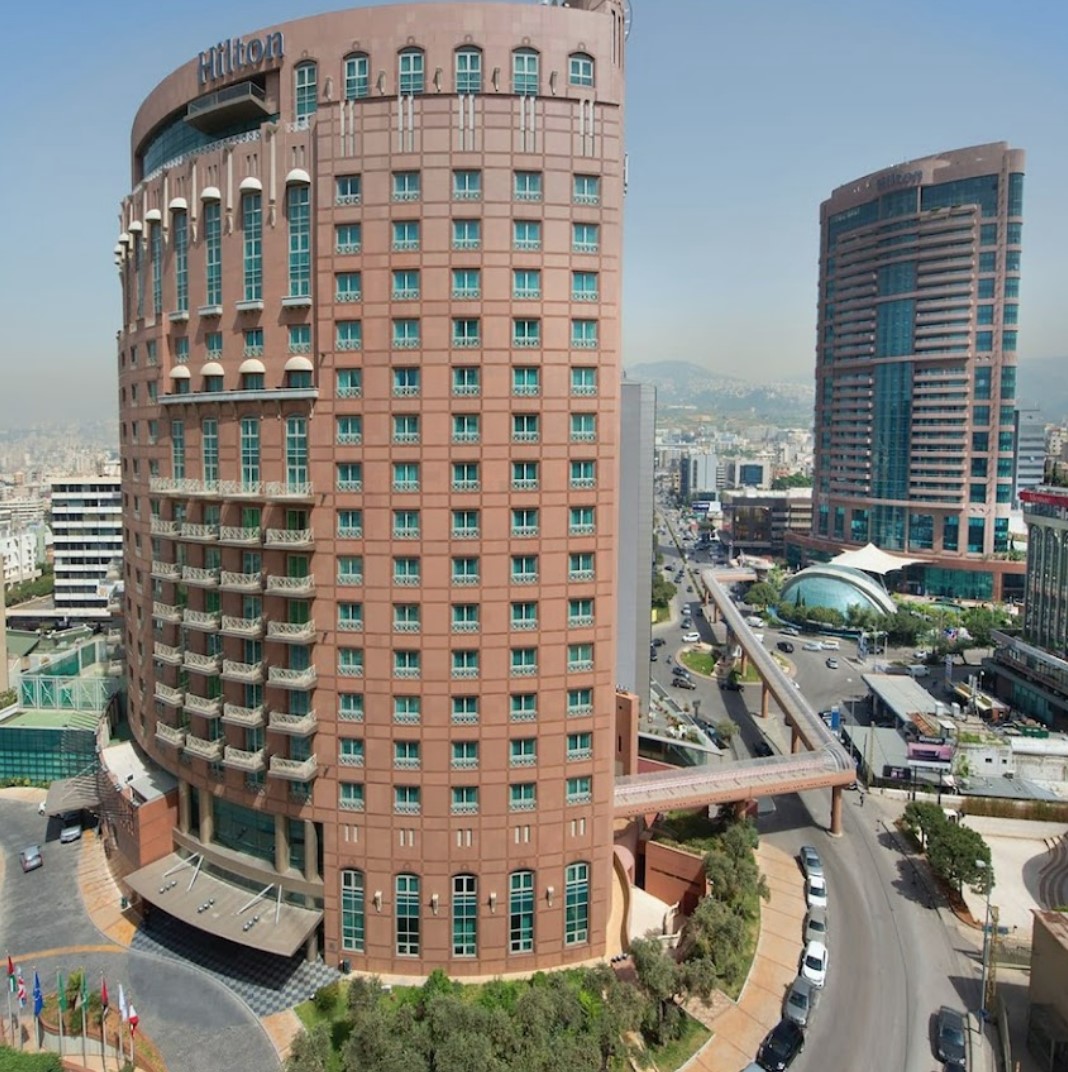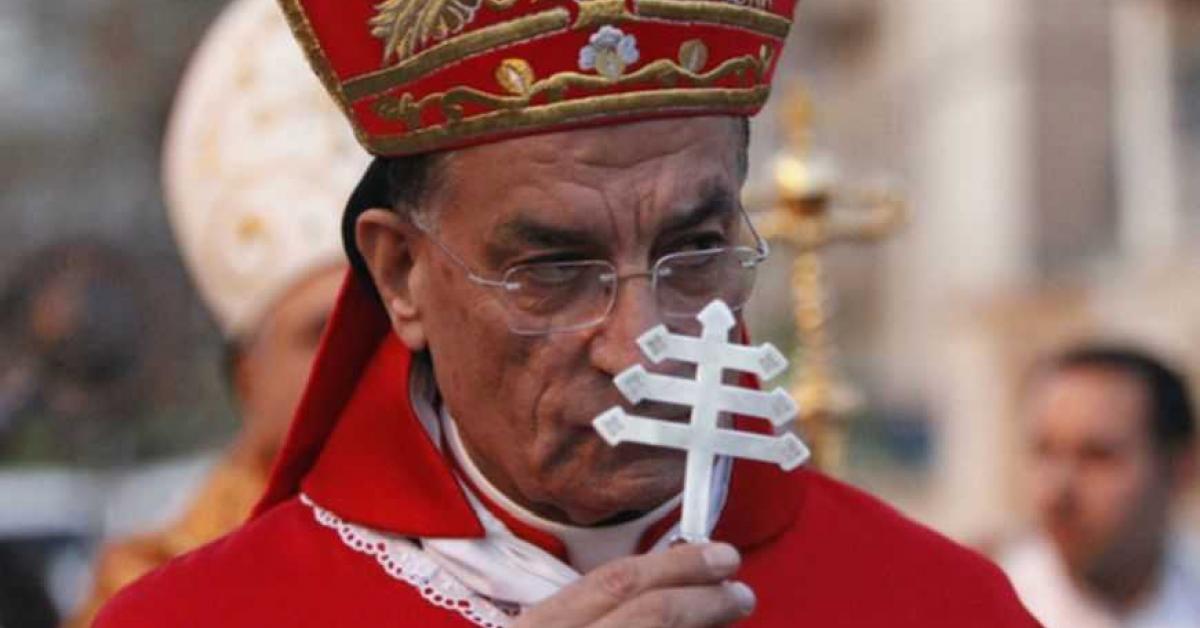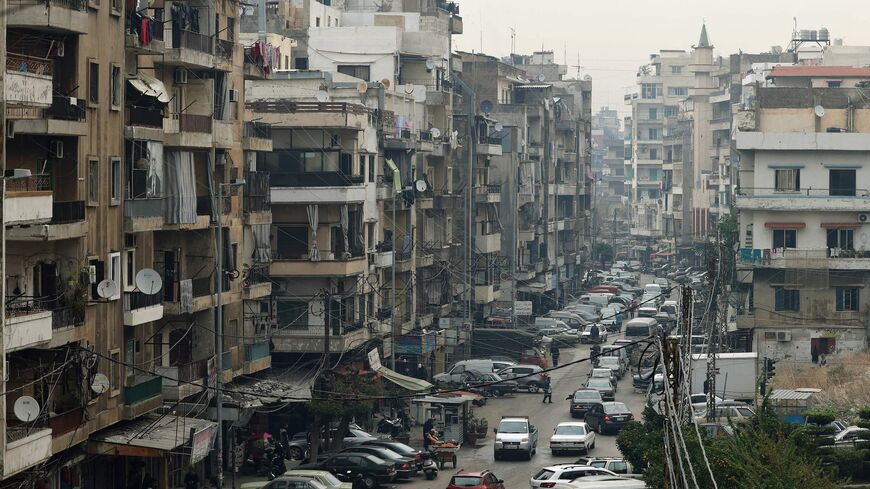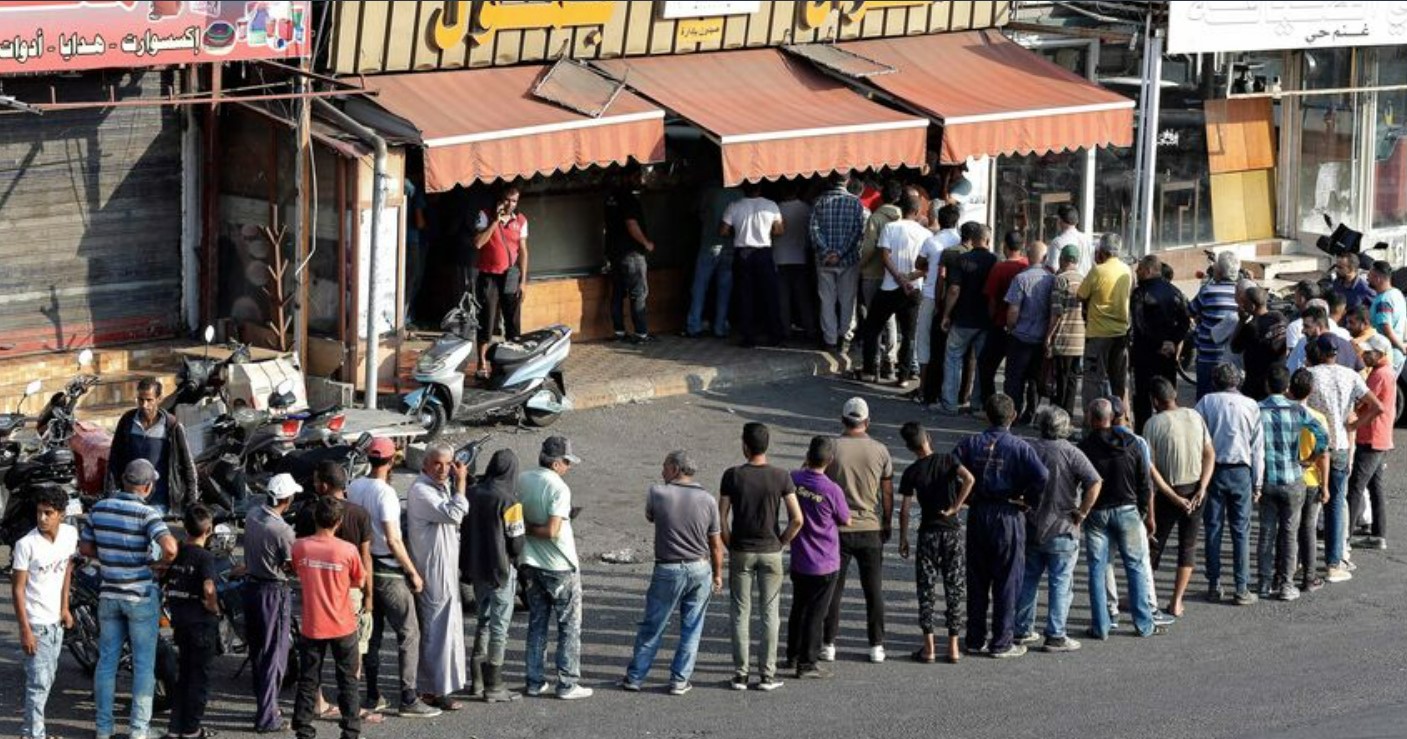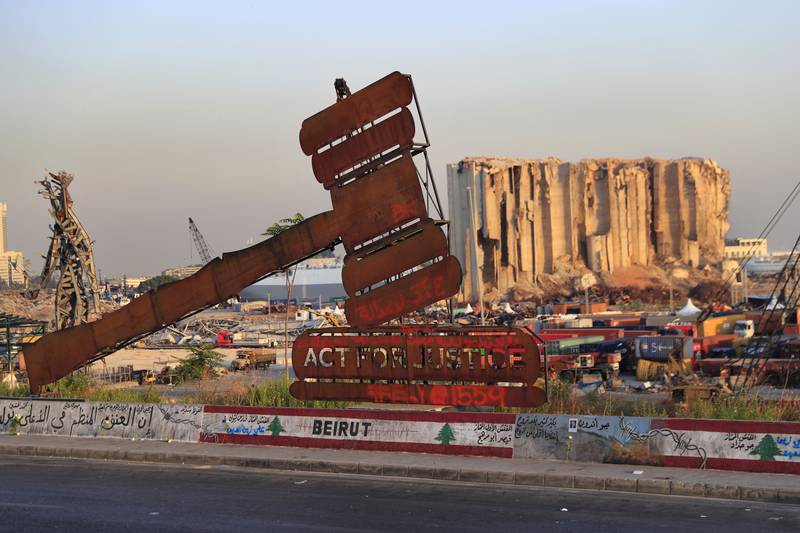
By Anna Foster & David Gritten BBC News, Beirut & London –– Lebanon’s top prosecutor has charged the judge leading the inquiry into the 2020 Beirut port blast and ordered the release of suspects in custody. Ghassan Oweidat summoned Judge Tarek Bitar for questioning, accusing him of “acting without a mandate”. But the judge insisted that Mr Oweidat had no authority to charge him.
On Monday, he unexpectedly restarted the probe after a 13-month suspension and filed unspecified charges against eight officials, including Mr Oweidat. No-one has yet been held accountable for the blast on 4 August 2020, which killed at least 218 people and injured more than 6,000 others. A fire triggered the detonation of 2,750 tonnes of ammonium nitrate that had been stored unsafely in a port warehouse for almost six years, causing a massive explosion that devastated a large part of the Lebanese capital. It is widely believed that officials and politicians were aware of the combustible chemical’s existence and the danger it posed but that they failed to secure, remove or destroy it. Victims’ relatives and activists say the investigation into the disaster is being hampered by the Lebanese political leadership’s efforts to shield those responsible from scrutiny.
The power struggle at the highest levels of the Lebanese judiciary burst into the open on Wednesday when the public prosecutor dramatically announced that all of the 17 suspects being held in pre-trial detention could go free. Mr Oweidat also accused Judge Bitar of acting beyond his jurisdiction and imposed a travel ban on him. He told AFP news agency that the judge was “rebelling against the judiciary and usurping power”, and that he had filed charges in order to “prevent sedition”. But Judge Bitar vowed to continue his investigation “until the indictment is issued”, Lebanon’s state-run National News Agency cited him as saying. He declared that Mr Oweidat’s decisions were “illegitimate and should not be implemented”, noting that the prosecutor was “a defendant, and as such he cannot take any decision in this case”. Mr Oweidat had previously recused himself from matters concerning the investigation after his brother-in-law, former public works minister Ghazi Zaiter, was charged.
